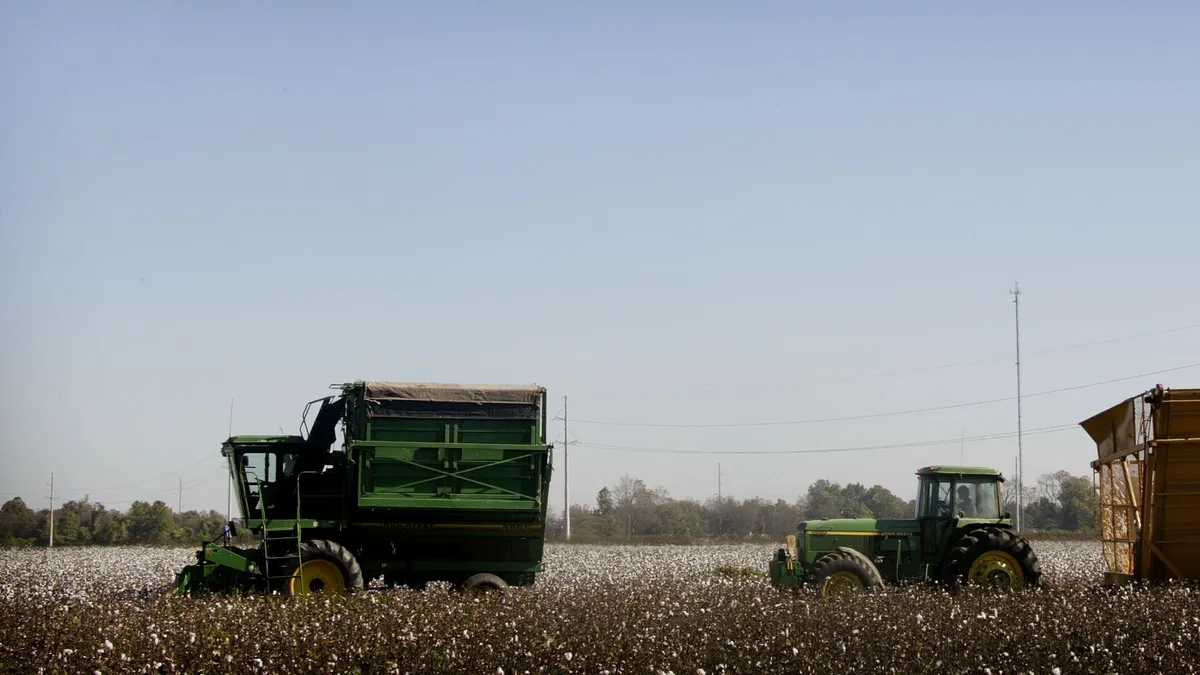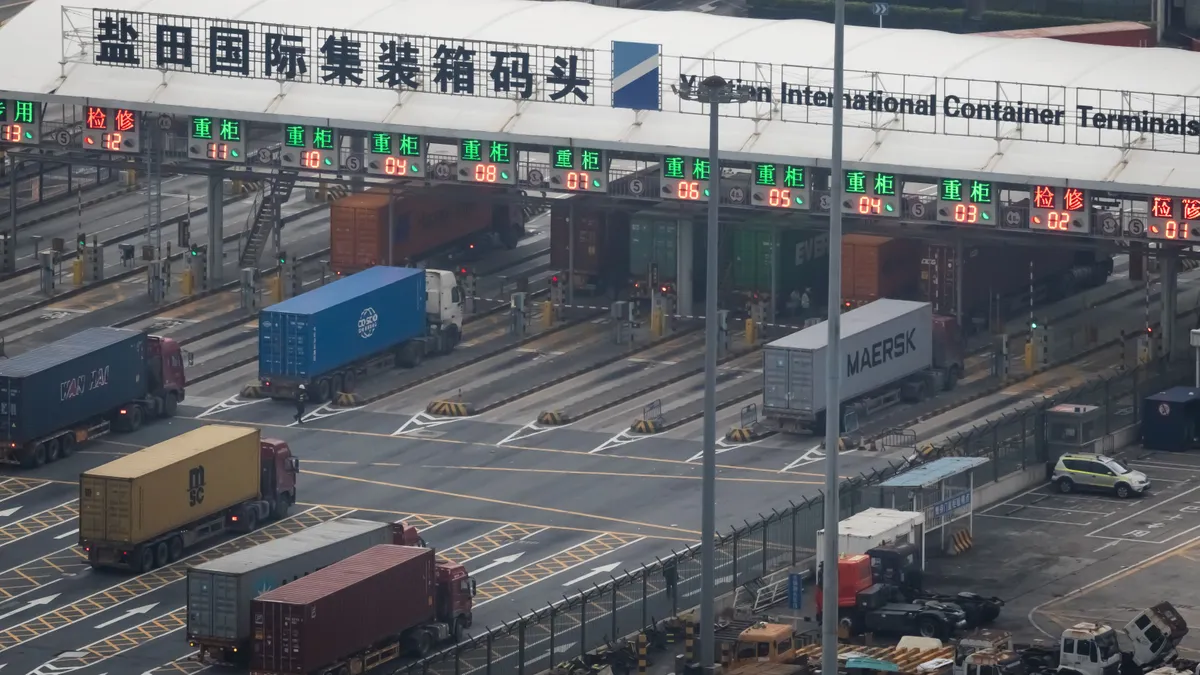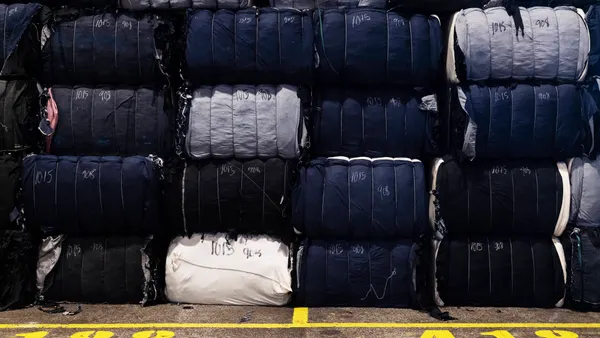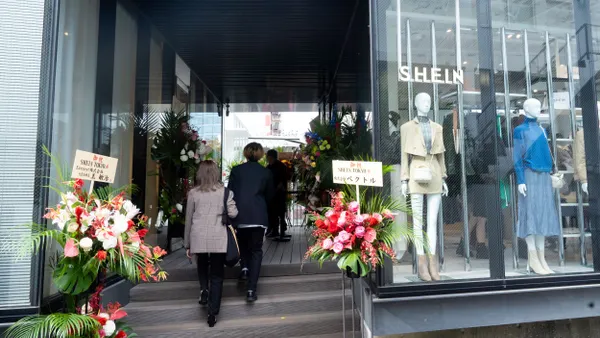Dive Brief:
- An international coalition of 11 organizations, including cotton sustainability initiative Better Cotton, has issued a formal demand for highly hazardous pesticides, or HHPs, to be phased out of agriculture, including cotton farming.
- The announcement was in conjunction with the United Nations convening the fifth session of the International Conference on Chemicals Management, which is responsible for creating global strategies for the safe use and management of chemicals. The initiative, called the Integrated Pest Management Coalition, “aims to reduce and eventually eliminate the use of highly hazardous pesticides, and to promote more sustainable alternatives,” according to its website.
- Nonprofit Better Cotton partners with farmers, manufacturers, and more than 300 retailers and brands, including Adidas and H&M.
Dive Insight:
IPM is a less toxic alternative to pesticides, and involves strategies such as growing more resilient crops, avoiding build-up of pest populations, and fostering organisms that are beneficial to crops and eat pests, according to the statement. Better Cotton offers training internationally to help farmers adopt IPM approaches and says that the Coalition as a whole has taught the approach to more than 7 million farmers.
HHPs are pesticides that “cause disproportionate harm to environment and human health including severe environmental hazards [and] high acute and chronic toxicity,” according to the United Nations. In 2015, the UN declared HHPs “an issue of international concern.”
To phase out the use of HHPs, the coalition has issued a series of recommendations, including providing IPM training for agriculture producers, investment in research and innovation for safer alternatives, and collaboration with governments to enact regulation and prevent subsidies for HHPs.
“Only a global response to the use of highly hazardous pesticides in agricultural supply chains will ensure that farmers and their land are protected from the harmful impacts of such formulations,” Alan McClay, CEO of Better Cotton, said in the statement. “The IPM Coalition exists to bang the drum on this important issue and we hope authorities will join us in driving change.”
Better Cotton is joined by 10 other organizations, including Fairtrade International, the Forest Stewardship Council, and the Rainforest Alliance.
About 24.7 million tons of cotton were produced in 2021, according to the nonprofit Textile Exchange. Cotton is also the crop most treated with pesticides globally, according to the United Nations.
Better Cotton has helped farmers in India reduce their use of HHPs from 64% to 10%, and of a highly toxic pesticide called Monocrotophos from 41% to 2%, by implementing less toxic approaches known as Integrated Pest Management, according to the statement.
In recent years, some governments have taken action to ban certain HHPs, according to the United Nations. For example, from 1996 and 2007, Bangladesh’s regulatory agency banned or mandated the decreased use of 21 pesticides, while in West Africa more than 116,000 farmers who participated in a United Nations program reduced their use of pesticides in crops, including cotton, between 2006 and 2010. However, a 2019 study noted that the United States, the world’s third-largest producer of cotton globally, according to the USDA, still implements many pesticides that are banned elsewhere, such as Europe, Brazil and China.










